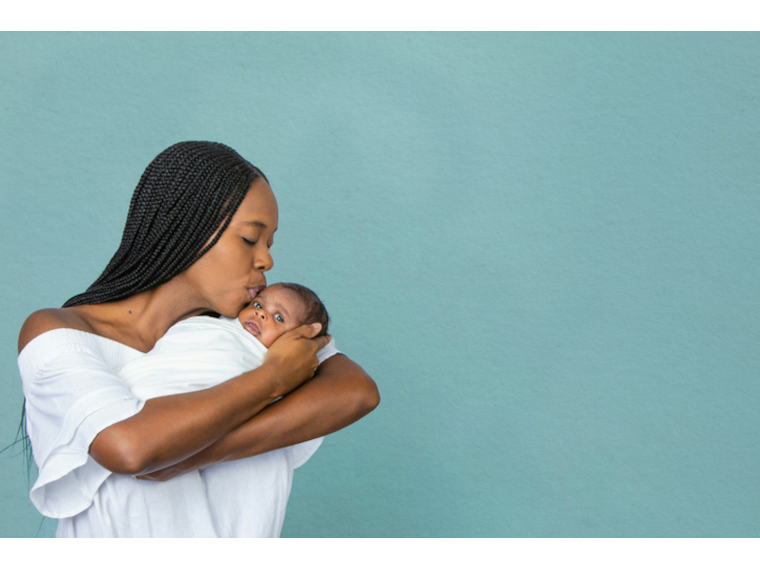Written by Tanya Terry, with featured photo from Getty Images
African American women are 2-3x more likely to die from pregnancy-related causes than white women, according to the CDC. In Genesee County, over 1,000 babies were born premature or low weight, and almost 14% of African American babies did not live to see their first birthday. Flint, in particular, has a higher rate of infant mortality – nearly double that of Genesee County, according to the 2023 Health Equity Report Card.
Gayle Shipp, PhD, RD, assistant professor in the Charles Stewart Mott Department of Public Health, has been awarded a prestigious grant from the Robert Wood Johnson Foundation Health Equity Scholars for Action (HES4A). Her study will aim to address health disparities in maternal and infant health in Flint, particularly among African American women.
Shipp, who told the Courier she experienced racism during her own pregnancy, will extract program data captured between 2021 and 2024 from the Revive Center.
REVIVE Community Health Center was established in 2020 to promote decrease in maternal and infant mortality, infant low birth weight and premature birth rates for babies in Flint and Genesee County.
“Their approach is really to do smaller caseloads, focus on prenatal postpartum education, wrap-around services and additional resources for pregnant women,” said Shipp.
Shipp told the Courier being a Black woman and a mother are what she identifies with first.
She added: “Being a mother, during pregnancy, walking into a hospital, not really knowing what your outcome may be, that’s the scary part. I’ve heard women say that before. I was in that same place…and you should be happy and excited about birth and delivery, not necessarily concerned about what your outcome may be.”
Shipp, who is from Metro Detroit, has a daughter who is now 6.

She pointed out Black women, despite possibly having education and finances, may not get the same treatments in the hospital and afterwards.
“For me..I had postpartum preeclampsia.”
The Mayo Clinic describes postpartum preeclampsia as a rare condition that occurs when a woman has high blood pressure and excess protein in your urine soon after childbirth.
Left untreated, postpartum preeclampsia can cause seizures and other serious complications.
In fact, Shipp said postpartum preeclampsia was an indicator for maternal mortality, or death due to complications from pregnancy or childbirth.
“A lot of times, we don’t have any idea that this is an indicator and we need to make sure that we’re getting help.”
Shipp also said while in the hospital, the breastfeeding experience did not go as well as she expected it to.
“These are things that sometimes Black women will experience during the delivery phase, entering the hospital, and there’s more. Black women experience sometimes mistreatment. Sometimes they’re not heard or minimalized during pregnancy and postpartum. So, having additional support within the community that you can access, or if you have additional questions – they can help you to find additional resources. It’s definitely helpful. If we can’t get the support in the hospital, having those community programs to support us once we leave is very important.”
Shipp said the disparities ignite her to want to do something and make a broader impact.
This work is two-fold. The Flint-focused research will help provide support for ongoing funding. It will also help evaluate Revive interventions to indicate how a maternity care model can be delivered in conjunction with best practices for maximizing success in maternal and infant health outcomes.
“It’s just sad we’re still dealing with this to this day. A lot of times, you have programs that exist, and oftentimes we don’t have the funding behind them to support formal evaluation – let alone they may not know how to do it. Most of the programs in grassroots organizations, they’re just working to find funding to keep the program going…So, being able to offer that to them to help keep the program running, I think that was really my goal behind this.”

